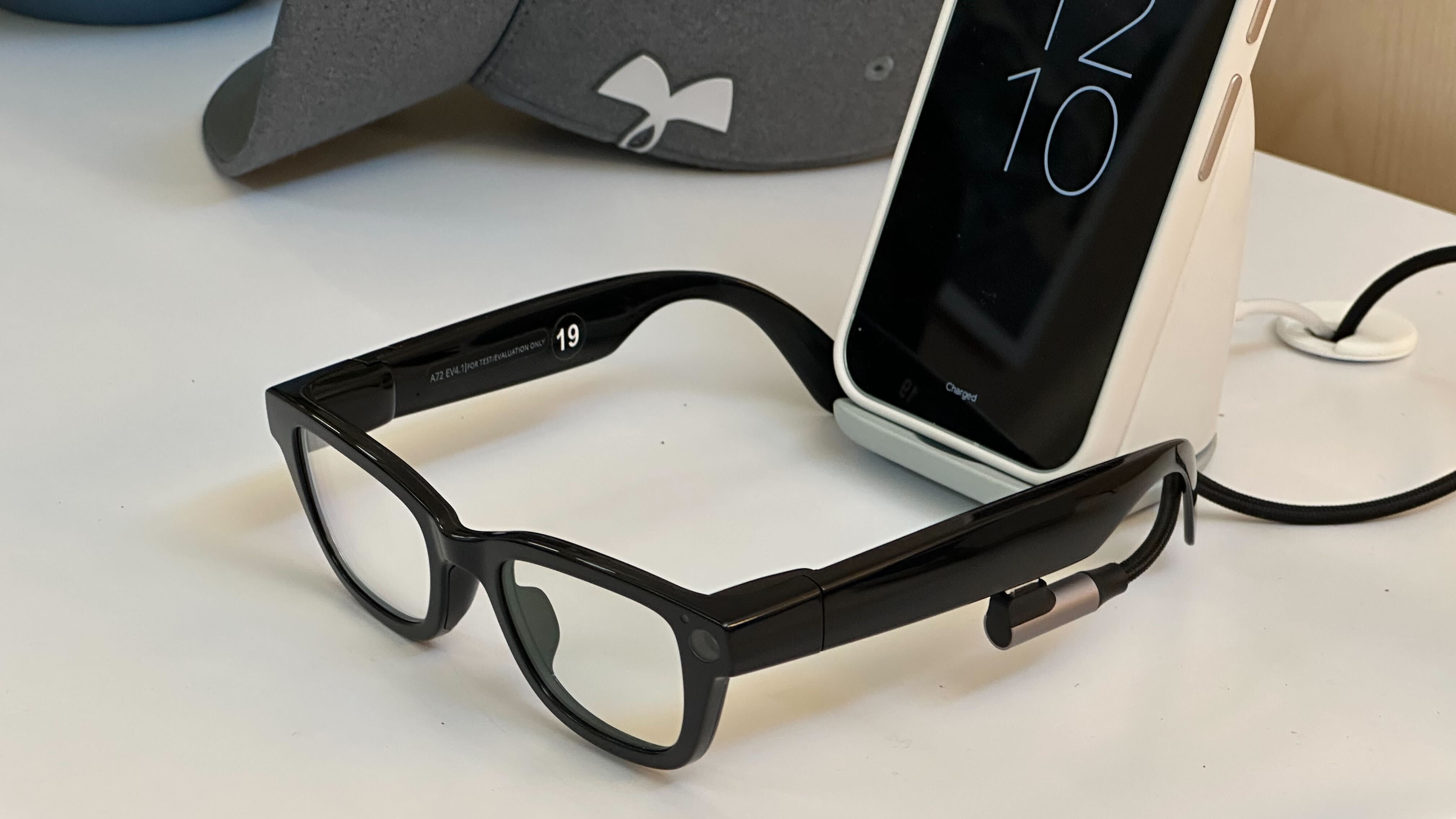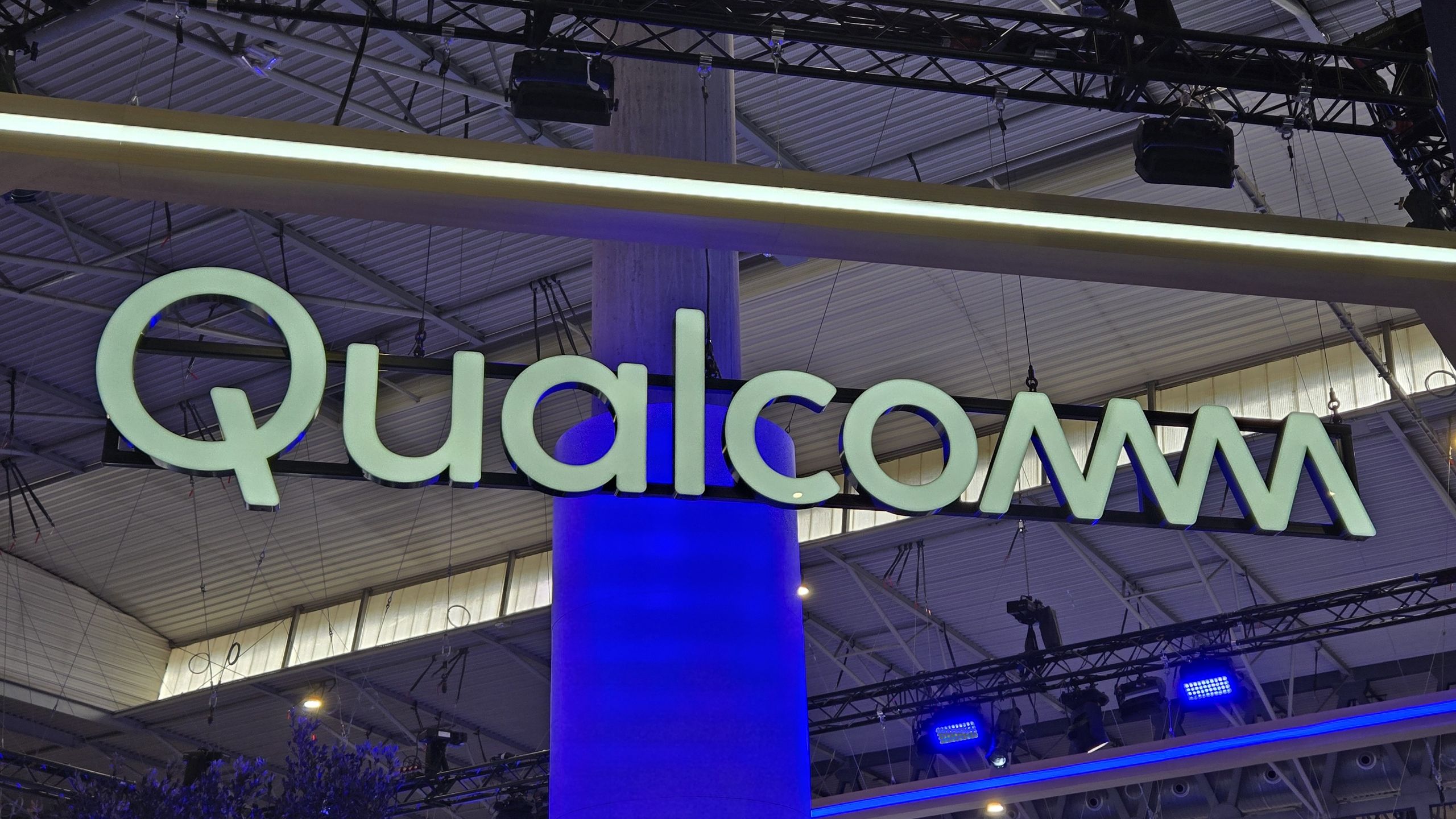What you have to know
- Qualcomm reported its FY This autumn monetary earnings on Wednesday, November 5.
- The corporate reported a ten% enhance in income to $10.27 billion in the course of the quarter, whereas total income for the yr grew by 13% to $44.14 billion.
- Headset gross sales drove income following the launch of the Snapdragon 8 Elite chipset, with Automotive seeing probably the most important income positive aspects within the division.
Qualcomm completed its monetary yr on a excessive be aware, reporting FY This autumn income of $11.3 billion, representing a ten% year-over-year enhance. This was pushed largely by its QCT division, which noticed income positive aspects throughout the board.
Headsets have been up 14% to almost $7 billion, pushed little question by gross sales of its Snapdragon 8 Elite chipsets for high-end Android smartphones. Moreover, Automotive and IoT rose 17% and seven%, respectively, highlighting the rising success of the corporate’s diversified technique.
“Our enterprise stays robust as demonstrated by report QCT revenues in fiscal 2025,” mentioned Qualcomm CEO Cristiano Amon in an announcement.
“We delivered 18% year-over-year development in complete QCT non-Apple revenues, with mixed fiscal yr Automotive and IoT income development of 27%. We’re enthusiastic about our enterprise momentum, the provision of our automated driving stack, and our growth to information facilities and superior robotics.”
Android premium tier continues to be robust
Regardless of rumors of a “lead Android buyer” shifting in direction of utilizing extra of its personal modem in its units, Qualcomm stays assured about its place in premium Android headsets. Amon famous the robust partnership with Samsung, with Qualcomm’s share of chips throughout its Galaxy S25 reaching 100% as Samsung reserved its Exynos chips for the Galaxy Z Flip 7 and inexpensive Galaxy S25 FE.
Amon additionally anticipates a baseline of 75% share for the Galaxy S26 sequence, which is anticipated to launch in early 2026 and probably use an upcoming Exynos chip throughout a few of its units in sure areas.
It is also anticipated that Qualcomm might finally lose Apple as a buyer as the corporate leverages its personal in-house modem throughout its units, such because the recently-launched iPhone Air. Nonetheless, the corporate appears assured in its place on Android and different units.
The rising kind issue

IoT development has been pushed by the elevated adoption of good glasses, notably following the current launch of Meta’s new lineup.
“This rising class is rising at a exceptional tempo, and has reached an inflection level, fueled by very robust demand for good glasses from Meta,” Amon acknowledged. “This quarter alone, Meta launched a number of new Snapdragon-powered kinds, together with the Ray Ban Meta second-generation glasses, the Oakley Meta Vanguard efficiency glasses, and the Meta Ray-Ban Show and Neuro Band.”
And whereas Meta leads the market on good glasses and XR, Qualcomm additionally highlighted Samsung’s not too long ago introduced Galaxy XR as an vital launch for Google’s Android XR OS, with Snapdragon because the platform of alternative.
What’s subsequent?

Qualcomm is anticipating a robust fiscal Q1, because of the launch of units powered by its new Snapdragon 8 Elite Gen 5. This chip guarantees quicker efficiency throughout the CPU, GPU, and NPU, enabling new use instances as Qualcomm and Google attempt for a extra interconnected and seamless ecosystem of AI-powered units.
The primary units using this chip have already been introduced, together with the Xiaomi 17, OnePlus 15, and RedMagic 11 Professional. Extra units powered by the chip are anticipated to be launched into the brand new yr.
We additionally count on to see extra Snapdragon-powered automobiles and good glasses, such because the extremely anticipated Android XR glasses from corporations like Samsung. These will supply Gemini AI capabilities and compete with units just like the Ray-Ban Meta (Gen 2) at a less expensive value level than the Galaxy XR headset, which ought to drive adoption of the shape issue.

